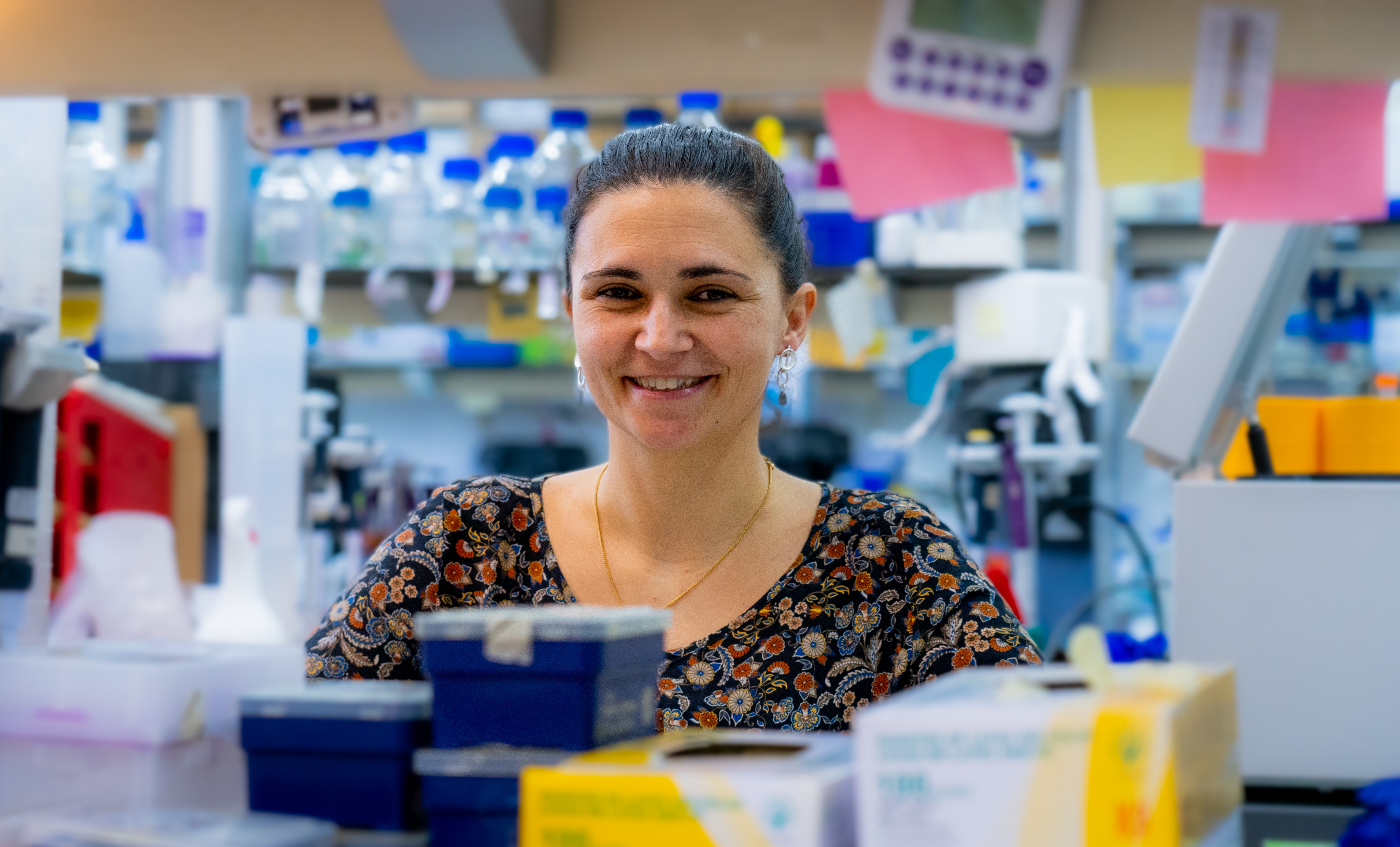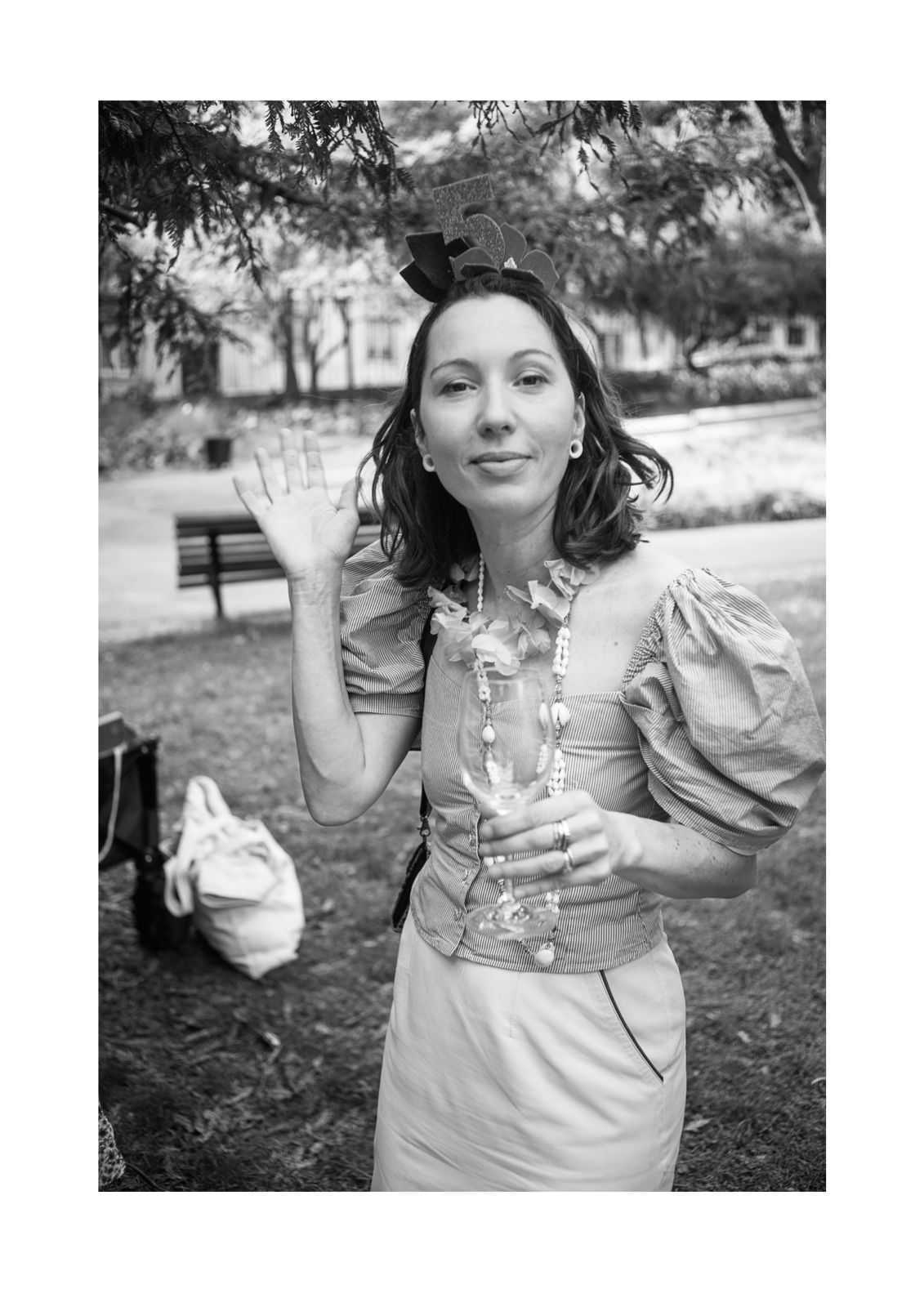People
The present JEDI team: collaboration, curiosity, community

Zita Carvalho-Santos
Gulbenkian Institute for Molecular Medicine, Oeiras
I am a cell biologist with a deep-rooted passion for multidisciplinary approaches to science. My journey began at the Instituto Gulbenkian de Ciência (IGC) in Portugal, where I earned my PhD in Dr. Bettencourt-Dias' lab, investigating the evolution and function of molecular modules that assemble microtubule-based structures such as centrosomes and cilia. This experience sparked my fascination with the interplay between cellular architecture and physiology. I the joined Dr. Ribeiro’s lab at the Champalimaud Centre for the Unknown, where I applied my cell biology expertise to explore how metabolism shapes biological systems where I helped developing novel frameworks for studying how cellular metabolism influences animal physiology, contributing to studying gut microbiome, feeding behavior, and reproductive biology.
In 2023, I established my research group, and I am currently a tenure-track group leader at GIMM – Gulbenkian Institute for Molecular Medicine, in Lisbon. Our lab is dedicated to uncovering how metabolic processes at the cellular level govern organ function and impact whole-animal traits, especially reproduction. We use a systems biology approach and the fruit fly as a model to dissect how dietary nutrients and metabolic programs interact to shape fertility, feeding behavior, and physiological homeostasis.

Gili Ezra-Nevo
Fundação Champalimaud, Lisbon
Animals consume diets made of macronutrients, including proteins, but the quantity and quality of available proteins can vary drastically across cultures, regions, and environments. As a dedicated foodie, I am curious about how animals cope with these changes and adapt when food composition shifts. I combine behavioral assays, transcriptomics, and functional approaches in Drosophila with complementary mouse models to study these processes, aiming to link molecular, neural, and metabolic mechanisms across species.

Clara Ferreira
Northumbria University, Newcastle
We study the neurobiological basis of social interactions in groups, a strong determinant of behaviour across the animal kingdom. As groups confer advantages in terms of reproduction, feeding and protection against predation, being able to detect cues from multiple individuals and respond to them appropriately is paramount for both individual fitness and maintenance of animal groups and societies. By studying the molecular, neuronal and circuit-level basis of social modulation in the context of primordial drivers of group formation, we strive to reveal fundamental principles of social behaviour and gain insight into its origins and evolution.

Bruno Hudry
Université Nice Sophia Antipolis, Nice
My group seeks to understand how sex chromosome constitution (XX versus XY) shapes physiology across the body. In particular, we aim to identify which organs actively use their sex chromosome complement to regulate physiological function, and to uncover the mechanisms by which sex chromosome effects are mediated. Despite their fundamental importance, these questions remain poorly explored, largely due to the difficulty of disentangling sex chromosome effects in complex vertebrate systems. We address these challenges using Drosophila melanogaster, whose simpler yet functionally analogous sex chromosomes, combined with powerful genetic tools, allow the generation of mosaic animals in which sex chromosome composition can be manipulated in defined tissues. Using this approach, our work aims to uncover new genes, pathways, and conceptual frameworks that drive sex chromosome–dependent regulation of physiology, through multi-scale strategies integrating genetics, biochemistry, and cell biology.

Daniel Münch
Justus-Liebig-University, Giessen
I’m curious about how a tiny fly brain figures out what’s worth eating. In my lab, we ask how taste and smell shape feeding decisions, from how flies sense and evaluate nutrients to how hunger or internal state tips the scales. We love combining brain-wide imaging, circuit tinkering, and creative behavioral assays to follow the path from sensory input to feeding action. Along the way, we also enjoy open data, collaborations, and occasionally experimenting with our own feeding decisions.

Ana Pimenta Marques
NOVA Medical School, Lisbon
In our lab we investigate how cells reshape their cytoskeleton in order to accommodate different functions throughout different developmental stages.

Katja Rust
Philipps-University, Marburg
I’m a cell biologist interested in how epithelial tissues stay balanced and what happens when that balance is disrupted. My group uses single-cell transcriptomics to uncover the cellular mechanisms that maintain homeostasis and to understand how pathogenic challenges affect cells and organisms.